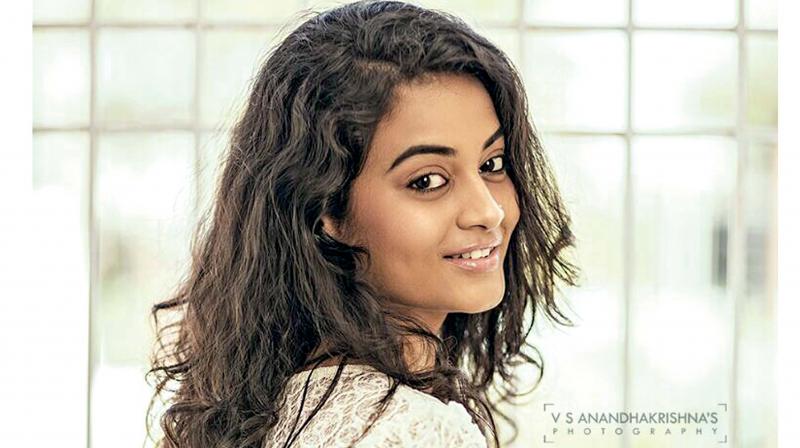The journey of a struggling actor

Let’s consider the case of an aspiring actor who finally got an opportunity to take up a supporting role in a film. The movie is all set to hit the screens and the actor is anxious to see their hard work onscreen. To their dismay, the one scene for which they toiled for years didn’t make the cut. This has been the story of almost every struggling actor. The concerns that arise here are on the need to give upcoming artistes their due credit and the directors being considerate in retaining their scenes. DC talks to supporting actors and directors to understand what goes on at the editing desk. Suja Varunee was probably one of the first actresses to talk about the struggle she went through during the initial stages of her acting career.
She shares, “We actors, trust our directors and sometimes the trust is broken. When the film exceeds a particular duration, they cut our scenes without even consulting actors who have worked hard for it. I have been in that position and several directors still do that to me. Why do people waste money or actors or the energy to shoot scenes that won’t make the final cut? I hope people remember that an act cannot be executed by the stage and puppet masters alone! Directors always need ‘puppets’ to bring their characters alive onscreen. Respect your actors!” Actor Bharath Reddy, who played a significant role in The Ghazi Attack, believes that the situation is much worse in Tollywood. “I started my career in Telugu and it’s a hero-dominated industry. Your scenes gets chopped off mercilessly. Initially, every actor faces this issue until they break the barrier. I feel both Kollywood and Tollywood should learn from the Hindi industry on how to treat all actors equally. The more supporting actors there are, the better it is for the establishment of the lead character,” he asserts.
Director Balaji Mohan, who has been giving importance to the character artistes in his films, echoes Suja’s thoughts. He goes on to add, “They are actors who dream of getting their big break. But, it is disheartening to see their scenes getting cut. In the films that I have done so far, I make it a point to go for the shoot with a proper script. During the scripting stage, I work on several drafts and edit the story accordingly. There may be minor differences during the final trimming, but I make sure, I retain most of the scenes that I film.” However, the Maari director emphasises that it all boils down to the creator’s call. “There are directors who discover the film as they shoot. They might have a four-hour footage, which might require excessive trimming. It is always nice if directors shoot only what ends up in the final copy. But, one can’t judge what would happen during the shoot. It is the director’s responsibility to look at the bigger picture before cutting down a scene,” he says.
Durai Senthil Kumar, who offered a powerful role to Kaali Venkat in his previous project, Kodi, reveals that he would be devastated when he has to chop off a sequence. “More than the supporting actors, I feel at loss. Most of the directors do not film scenes for backup. They do it to bring in the emotional drive to the story. Producers are concerned about the movie’s duration and at times, we need to compromise. When it comes to filming comedy sequences, on-the-spot improvisations won’t give control over the timing of a particular scene. In that case, you will have to trim off the unwanted portions. In Kodi, I had to cut out a lot of scenes of Venkat. None of the directors writes a story bearing the final duration of a flick,” he maintains.
Kaali Venkat, who rose to prominence with his performance in Thegidi and Irudhi Suttru, claims that directors always include a scene to enhance their film. “We cannot ask them not to shoot scenes that won’t make it to the final cut. Directors keep the budget in mind and they write scenes only to uplift the final product. When the duration exceeds, it is the comic sequences that get hit. For example, Mundasupatti needed a lot of trimming and it was extremely difficult as the comic sequences go along with the story and not as a separate track,” he concludes.

